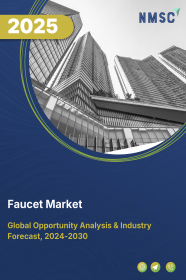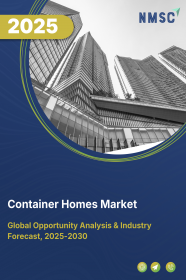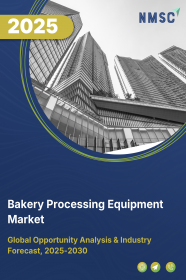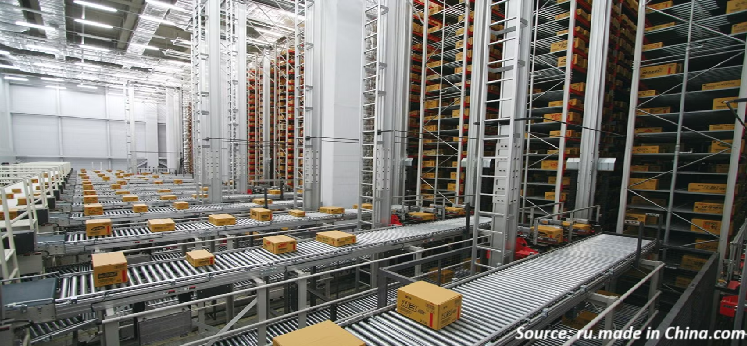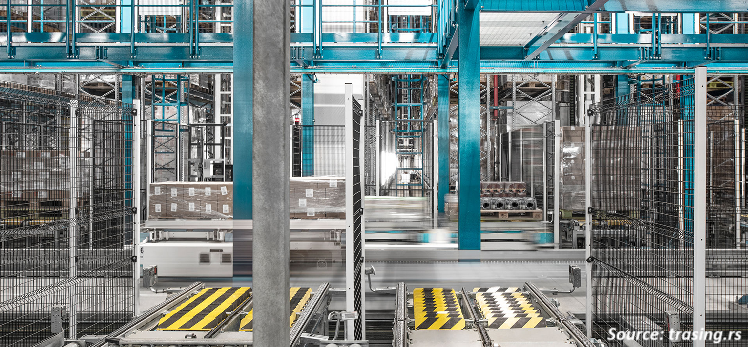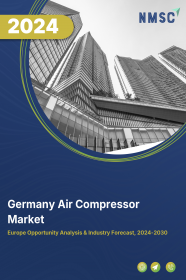
Germany Air Compressor Market by Type (Portable and Stationary), by Technology (Rotary Screw, Centrifugal, and Reciprocating), by Lubrication Type (Oil-Free, and Oil-Injected/Flooded), by Power Rating (0-100 Kw, 101-300 Kw, 301-500 Kw, and 501 Kw & Above), by Cooling Method (Air Cooled and Water Cooled), and by Industry Vertical (Manufacturing, Construction, Oil & Gas, Healthcare, and Others) –Opportunity Analysis and Industry Forecast, 2024 – 2030
Industry: Construction & Manufacturing | Publish Date: 19-Jun-2024 | No of Pages: 143 | No. of Tables: 108 | No. of Figures: 73 | Format: PDF | Report Code : N/A
Germany Air Compressor Market Overview
The Germany Air Compressor Market size was valued at USD 818.9 million in 2023, and is projected to reach USD 1044.5 million by 2030, at a CAGR of 3.1% from 2024 to 2030. In terms of volume, the market size was 21 thousand units in 2023, and is projected to reach 32 thousand units by 2030, with a CAGR of 6.2% from 2024 to 2030. An air compressor is an essential mechanical device used across various industries to generate compressed air, that is vital for many applications.
It primarily converts power from sources like electric motors or diesel engines into potential energy stored as compressed air. This pressurized air is then used to power pneumatic tools and equipment, inflate tires, supply air to HVAC systems for climate control, and support industrial processes such as spray painting and packaging. Essentially, an air compressor provides a reliable source of compressed air, crucial for a wide range of tasks and operations in diverse business and industrial environments.
Stringent Regulations and Energy Efficiency Programs Boost the Germany Air Compressor Market Growth
The presence of stringent regulations in Germany along with increased government spending on energy efficiency programs, are accelerating the adoption of air compressors as businesses aim to reduce operational costs and their environmental impact. Modern air compressor systems, featuring advanced energy-saving technologies such as variable speed drives and efficient motors, are in high demand for their ability to optimize energy use.
For example, the German government implemented the National Action Plan on Energy Efficiency (NAPE) under the EU Energy Efficiency Directive, which outlines strategies for improving energy efficiency across buildings, businesses, transportation, and regular consumers.
This plan allocates an annual budget of USD 1.2271 billion to various energy efficiency programs, aiming to cut energy consumption by 60% by 2050. Regulatory support for energy efficiency presents significant growth opportunities for the adoption of efficient air compressors in Germany.
Growth in the Food Industry Drives the Germany Air Compressor Market Demand
The significant growth of the Germany's food industry is further driving the expansion of the air compressor market. The food industry relies on air compressors for packaging, sorting, and conveying food products, which enhances efficiency and productivity.
According to the 2024 report by the United States Department of Agriculture, the German food processing industry generated a turnover of approximately USD 239 billion, accounting for around 5.8% of the national GDP. Additionally, the anticipated growth of the country's chemical industry is boosting the demand for the Germany air compressor market to maintain high-quality production standards in food processing units.
High Initial and Maintenance Costs Hinders the Growth of the Germany Air Compressor Market
The initial expense of air compressors, along with the requirement for routine maintenance such as filter changes, lubrication, and inspections, contributes to the overall cost of ownership.
This financial burden acts as a limiting factor for the growth of the Germany air compressor market. Consequently, small and medium-sized enterprises often hesitate to invest in new air compressor systems or upgrade their existing ones, which is decelerating the industry expansion.
The Integration of IoT Sensors and Cloud Platforms is Expected to Create Ample Growth Opportunities for the Market in Germany
The incorporation of IoT sensors and cloud platforms into air compressors is poised to unlock future growth opportunities within the Germany air compressor market. This integration facilitates remote monitoring, predictive maintenance, and performance optimization of compressors. IoT sensors, embedded within air compressors, continuously gather real-time data on critical parameters such as temperature, pressure, and energy consumption.
Subsequently, this data is transmitted to cloud platforms where advanced analytics algorithms analyse it to identify potential issues, forecast maintenance requirements, and enhance compressor operations. Through harnessing IoT and cloud technologies, organizations can minimize downtime, improve equipment reliability, and optimize energy usage, thereby fueling demand for intelligent air compressor solutions and stimulating the Germany air compressor market expansion.
Competitive Landscape
The market players operating in the Germany air compressor industry include Atlas Copco Group, Ingersoll-Rand PLC, Hitachi Ltd., Siemens Energy AG, Kaeser Kompressoren, MAT Holding, Inc., Elgi Equipment Limited, Sulzer Ltd., Mitsubishi Heavy Industries, Ltd., and Anest Iwata, among others.
Germany Air Compressor Market Key Segments
By Type
-
Portable
-
Stationary
By Technology
-
Rotary Screw
-
Centrifugal
-
Reciprocating
By Lubrication Type
-
Oil-Free
-
Oil-Injected/Flooded
By Power Rating
-
0-100 kW
-
101-300 kW
-
301-500 kW
-
501 kW & Above
By Cooling Method
-
Air Cooled
-
Water Cooled
By Industry Vertical
-
Manufacturing
-
Construction
-
Oil & Gas
-
Healthcare
-
Others
REPORT SCOPE AND SEGMENTATION:
|
Parameters |
Details |
|
Market Size in 2023 |
USD 818.9 Million |
|
Revenue Forecast in 2030 |
USD 1044.5 Million |
|
Growth Rate |
CAGR of 3.1% from 2024 to 2030 |
|
Market Volume in 2023 |
21 thousand units |
|
Unit Forecast in 2030 |
32 thousand units |
|
Volume Growth Rate |
CAGR of 6.2% from 2024 to 2030 |
|
Analysis Period |
2023–2030 |
|
Base Year Considered |
2023 |
|
Forecast Period |
2024–2030 |
|
Market Size Estimation |
Million (USD) |
|
Growth Factors |
|
|
Market Share |
Available for 10 companies |
|
Customization Scope |
Free customization (equivalent up to 80 working hours of analysts) after purchase. Addition or alteration to country, regional, and segment scope. |
|
Pricing and Purchase Options |
Avail customized purchase options to meet your exact research needs. |
KEY PLAYERS
-
Atlas Copco Group
-
Ingersoll-Rand PLC
-
Hitachi Ltd.
-
Siemens Energy AG
-
Kaeser Kompressoren
-
MAT Holding, Inc.
-
Elgi Equipment Limited
-
Sulzer Ltd.
-
Mitsubishi Heavy Industries, Ltd.
-
Anest Iwata

















 Speak to Our Analyst
Speak to Our Analyst



